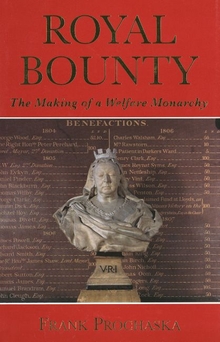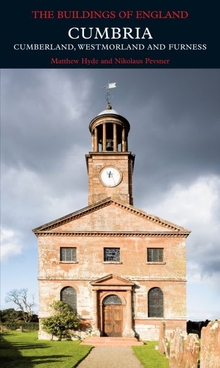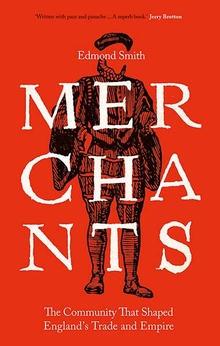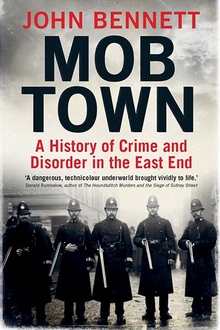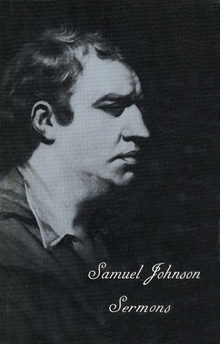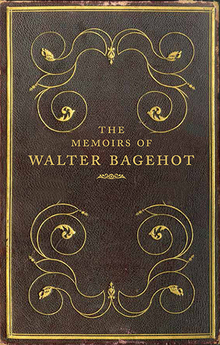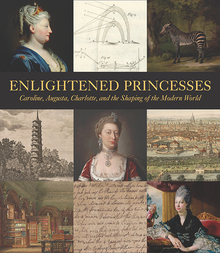Royal Bounty
WARNING
You are viewing an older version of the Yalebooks website. Please visit out new website with more updated information and a better user experience: https://www.yalebooks.com
The Making of a Welfare Monarchy
Frank Prochaska
Drawing on previously unused material from the Royal Archives, Frank Prochaska shows that the monarchy's welfare work has raised its prestige and reaffirmed its importance at the same time that it has brought vitality and success to a vast range of voluntary activities and charities. Prochaska traces the dynamic alliance that has existed between the crown and British civil society over the last 250 years, examining the royals' charitable activities and the factors that motivated them—from Prince Albert, who had a mission to give the monarchy a new kind of influence and moral authority in a period of diminished political power, to King George V and Queen Mary, who were convinced that the monarchy had to combat bolshevism and socialism, to King George VI and Queen Elizabeth, who tried to create a royal image that would unite the nation. Full of fresh perceptions and novel information (including how much money individual members of the royal family have given away), elegantly written, and handsomely illustrated, the book illuminates the royal family's changing role and the transformation of the idea of nobility.
"Prochaska has achieved what one might have thought impossible: a book that sheds new light on the British monarchy. . . . [His] analysis is always fair, and consistently leavened by good anecdote and sharp comment. . . . Essential reading for anyone interested either in the past or the future of the monarchy."—Robert Gray, Catholic Herald
"A strikingly original contribution to a well-worn subject. . . . It is beautifully written and has been lavishly illustrated. . . . This is a book which will survive long after the current furor over royal revelations has been forgotten. . . . The best book on the monarchy to have appeared for many years."—Vernon Bogdanor, Times Higher Education Supplement
"This original and sometimes provocative book should be read by every charity committee member. . . . Always remembering one thing: today the monarchy lacks the resources to provide welfare on a large scale but it can and does provide the inspiration."—Elizabeth Longford, The Tablet
"A valuable contribution."—John Cannon, The Times Literary (London)
"[A] fascinating and important book."—Alan Hamilton, The Times (London)
"Prochaska has produced the very best justification for the monarchy. . . . [This book is a] delightful work."—Steve Bruce, The Herald
"A gust of fresh air. . . . [This book] offers real historical research. It is one of the most perceptive and original analyses of the monarchy's current place in British society."—John Adamson, The Sunday Telegraph
"As Frank Prochaska has shown in his brilliant book . . . the Victorian and modern royal family created a new popular function for itself as patron of the nation's charities."—John Martin Robinson, The Spectator
"As one of the books of 1995, and one that firmly places the monarchy within the complicated and shifting world of philanthropy."—Keir Waddington, Economic History Review
"A valuable contribution for scholars both of the English monarchy and of social welfare."—Donald O. Fries, History: Reviews of New Books
"Prochaska's approach has much to recommend it. By examining royal giving in the context of the changing relations between the state and the voluntary sector, we see how the monarchy took advantage of and helped to foster the preference for philanthropic initiatives in the nineteenth century yet was also able to adapt to state expansion in the twentieth. And, having carefully combed the royal archives, newspaper sources, and a wide array of philanthropic records, Prochaska has some new and intriguing stories to tell about both periods. . . . This is an impressive book, and one that amply demonstrates the importance of the neglected subject of royal philanthropy."—Susan Pedersen, American Historical Review
"[Prochaska's] researches into the accounts and correspondence of the monarchs and their officials have unearthed a fascinating body of material, which is presented with fluency and clarity. The volume of redistributed wealth which he has uncovered is genuinely impressive, and he has no difficulty in demonstrating the poverty of much of the existing work on the function and evolution of royalty. . . . It is to be hoped that Royal Bounty will find its place on the doubtless much-consulted bookshelves of Buckingham Palace."—David Vincent, Social History of Medicine
"This is an excellent book, of wide interest and importance."—Pat Thane, Journal of Modern History
Publication Date: November 29, 1995
72 b/w illus.

